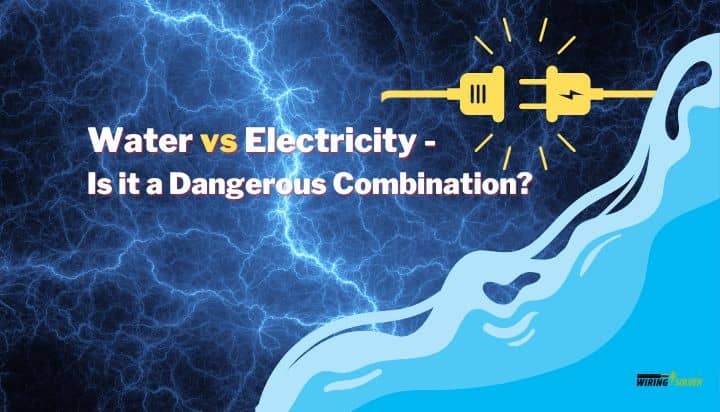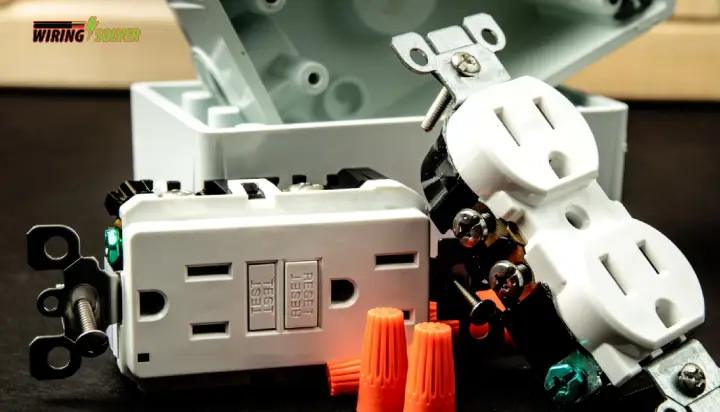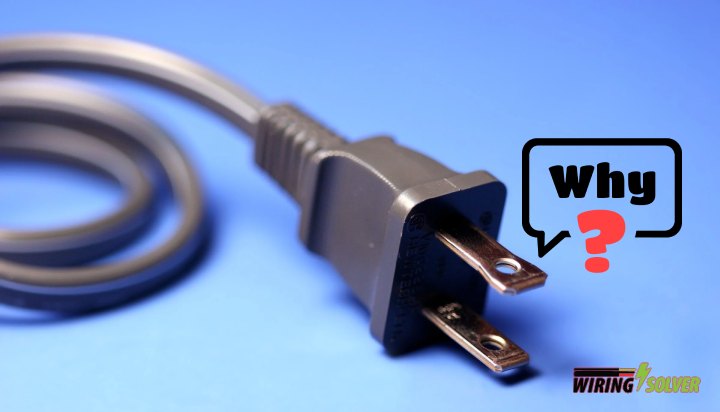We have all spotted the CAUTION signs of electric outlets and high voltage. You might have also been warned about using water to extinguish electrical fires. So, is water and electricity a dangerous combination? Yes, it is.
Water amplifies the danger of electricity and can prove to be fatal in rare cases. Most electrical items that are usually used in bathrooms, such as hair dryers, straighteners, electrical trimmers, etc., usually carry warnings to make sure that they are not exposed to water over a certain extent.
But have you ever wondered exactly why water is such a dangerous element around electricity? To understand that, we’ll give you a little recap of the physics of electrical conduction.

How Is Electricity Conducted?
Don’t worry; you’re not going to get a full 3-hour lecture on Electrical Physics today!
You only need to know that for electrical conduction to occur, the medium of transfer needs to contain free electrically charged particles, such as ions and electrons.
The energy is transferred from one charged particle to the next, conducting the electricity from one end of the material to the other. If the material is a liquid, the charge will spread in all directions, and dipping your hand in said liquid could give you an electric shock.
Does Water Conduct Electricity?
Now, here’s the interesting part that might seem like a contradiction to what we have learned so far!
Distilled water – that is, water in its purest form – actually does not conduct any electricity.
This is simply explained by the fact that pure, distilled water contains no chemicals, contaminants, or minerals dissolved in it, which means that there are no free-charged particles to transfer electricity through the medium.
Simply put, water in itself is actually an insulator!
So, how does electricity travel through water? Why are we repeatedly warned against using water around electrical outlets if water does not even conduct electricity? The answer is much simpler than you think!
Water is rarely found in its distilled form. In fact, the process of distillation is actually quite expensive and complicated.
Being one of the most soluble solvents on the planet, water will dissolve most chemicals and minerals, which means that these dissolved materials are able to transfer electricity throughout the liquid, making it an excellent conductor.
The more concentrated the water is with minerals and ions, the more electricity it will be able to conduct.
What Happens When You Mix Electricity And Water?
Now that you understand exactly what causes water to be such a great conductor of electricity, the answer to this question becomes obvious.
Adding electricity to water will simply make the body of water electrically charged!
Why Is It Dangerous To Mix Water And Electricity?
Mixing water and electricity is evidently risky because it’s difficult to know just how far spread the electric charge is. Living beings, such as ourselves, also conduct just enough electricity for this to be mortally perilous for us.
In simple terms, the electricity will be able to pass through the water, then you, and finally to the ground, electrocuting you in the process. In fact, if you flow a stream of water through something like a hose on a power line, the electricity will actually flow back up the stream to you!
What Happens If You Mix Water And Lightning?
Lightning strikes in themselves are a force to be reckoned with. Lightning strikes on water? You’d be lucky to observe such a phenomenon and live to tell the tale!
Since lightning is essentially raw electricity being transferred through the air from the clouds to the ground, it works the same way as any electrical charge would. When lightning strikes the water, the energy surges across the surface.
This means that anything floating on the surface or close to it will be electrocuted.
It is rare for lightning to strike the water on the ocean as much as it strikes on land, but it does happen from time to time.
When it does, boats and ships close to the point of contact will feel the electric shock, and fishes swimming close to the surface will likely not survive.
Can Electricity And Water Cause A Fire?
It is common knowledge that when electricity passes through a medium, it also gives out heat. This discovery has given rise to appliances such as electric kettles and stoves that have made our lives infinitely more convenient.
It has also helped us understand the layers of danger working with electricity brings.
Water and moisture in electrical outlets can be dangerous as they can cause rusting in the wirings and the current to rapidly increase in the circuit. In such a case, the fuse bursts, and the wires short circuit.
However, if, for any reason, the appliance does not have a fuse, the wires will heat up until they catch fire.
Electrical fires, such as in the scenario mentioned above, can be extremely dangerous, and trying to put them out with water will worsen the situation by a hundredfold.
Not only will the charge run up the stream and electrocute you – as shown in an example previously – but the splashes around the area will also become a fire hazard.
We don’t need to mention that electrical fires are far more dangerous than they seem, and precautions to prevent them can save hundreds of lives!
Conclusion
To wrap up this article, we can conclude that while mixing electricity and water can sound like a very interesting experiment, it is highly hazardous and can cause more trouble than it is worth.
It is always a good idea to take precautions when dealing with electricity, especially taking care to turn off switches to electrical outlets and teaching kids to avoid poking them, no matter how curious they get.
Accidents rarely come with warnings and sirens!
References:





